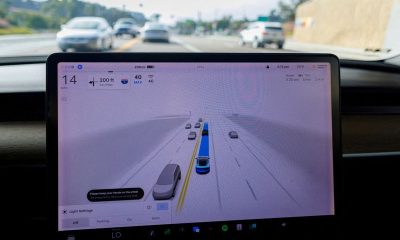Investing
Senator asks Treasury to bar Chinese battery firms, minerals from US EV tax credits
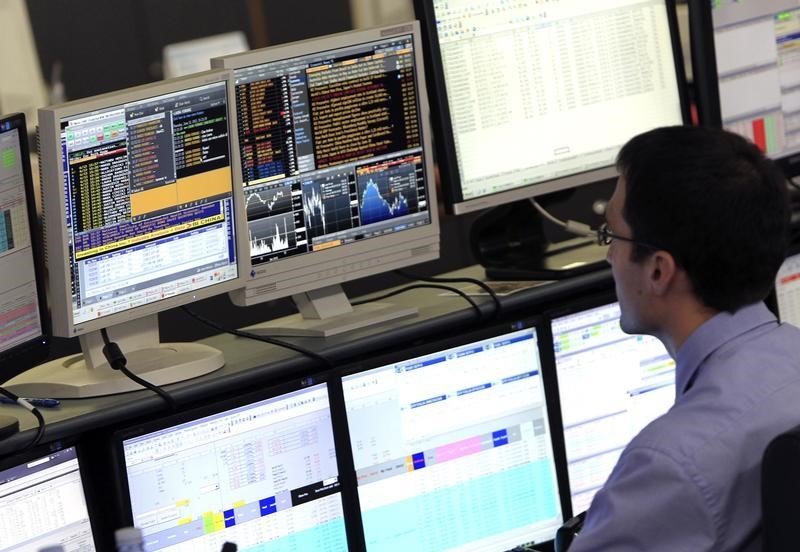
© Reuters. Car miniature, “Electric vechicles (EVs)” words, U.S. and Chinese flags are seen in this illustration taken, September 26, 2023. REUTERS/Dado Ruvic/Illustration
By David Shepardson
WASHINGTON (Reuters) – Democratic Senator Joe Manchin urged the U.S. Treasury on Monday to adopt the “strictest possible standards” to prevent Chinese-produced minerals or Chinese battery companies from winning electric vehicle tax credits.
Manchin, who chairs the Senate Energy Committee, raised concerns in a letter to Treasury Secretary Janet Yellen about reports Chinese battery companies are actively pursuing business opportunities to take advantage of the credits, adding U.S. tax credits “cannot be allowed to be hijacked by adversaries engaging in mineral laundering.”
In 2022, Congress passed the Inflation Reduction Act barring $7,500 in future consumer EV tax credits if any battery components are manufactured or assembled by a “foreign entity of concern.”
The rules were aimed at weaning U.S. battery supply chains away from China, which Manchin noted is currently responsible for 74% of the world’s cathode production, 92% of anode production, and 76% of lithium-ion battery cell production.
The auto industry is awaiting detailed guidance from the Treasury on what is considered a “foreign entity of concern” as they make investment decisions on producing batteries for their transition to electric vehicles.
The foreign entity of concern rules come into effect in 2024 for completed batteries and 2025 for critical minerals used to produce them.
A Treasury spokesperson said as the clean energy market shifts “we will continue to assess and respond to any national security concerns associated with both international and domestic supply chains.”
The Chinese embassy in Washington did not immediately comment.
Manchin said the law does not allow for a “value added test” exception and it “would be unconscionable to reward bad actors through a loose or deliberately weak interpretation.”
A key decision in the guidance is whether Ford Motor (NYSE:) deal to license the technology of Chinese battery manufacturer CATL for use in Ford-owned U.S. battery plants will meet the Treasury’s standards to access the tax credits. The arrangement has raised concerns among U.S. lawmakers.
Ford put its planned $3.5 billion Michigan battery plant on hold in September and said it was awaiting “final language” from the Treasury on whether batteries made using Chinese technology will qualify for tax credits.
Manchin said Yellen should “use the strictest metrics possible to ensure there are no loopholes that will lead to the laundering of minerals and materials from China or other nations of concern.”
Read the full article here

-

 Make Money6 days ago
Make Money6 days ago10 Critical Questions to Ask Your Financial Advisor Now
-

 Make Money5 days ago
Make Money5 days ago10 Ways to Make Money As a Graphic Designer
-
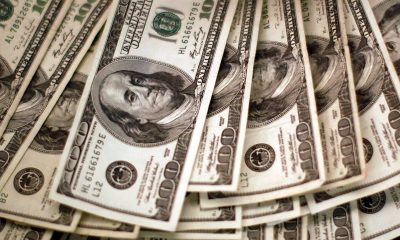
 Personal Finance4 days ago
Personal Finance4 days agoIf you are 60 years old, new 401(k) rules could save you money
-

 Investing5 days ago
Investing5 days agoCould Easier Cancellations Build Customer Loyalty?
-
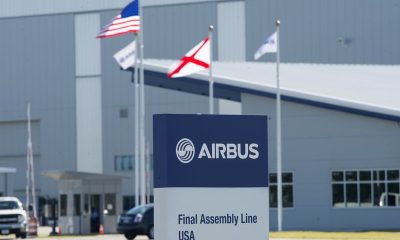
 Investing6 days ago
Investing6 days agoAirbus keeps top spot with 766 jet deliveries in 2024 By Reuters
-
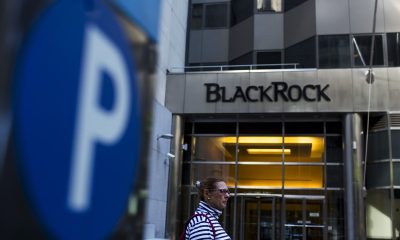
 Investing3 days ago
Investing3 days agoBank regulator gives BlackRock new deadline on bank stakes, Bloomberg reports By Reuters
-
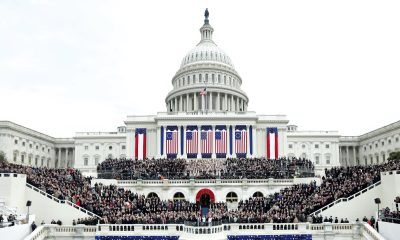
 Side Hustles5 days ago
Side Hustles5 days agoTrump’s 2025 Inaugural Committee Raises Record $170 Million
-

 Side Hustles4 days ago
Side Hustles4 days ago5 AI Books Top Entrepreneurs Are Reading in a Rush for 2025











